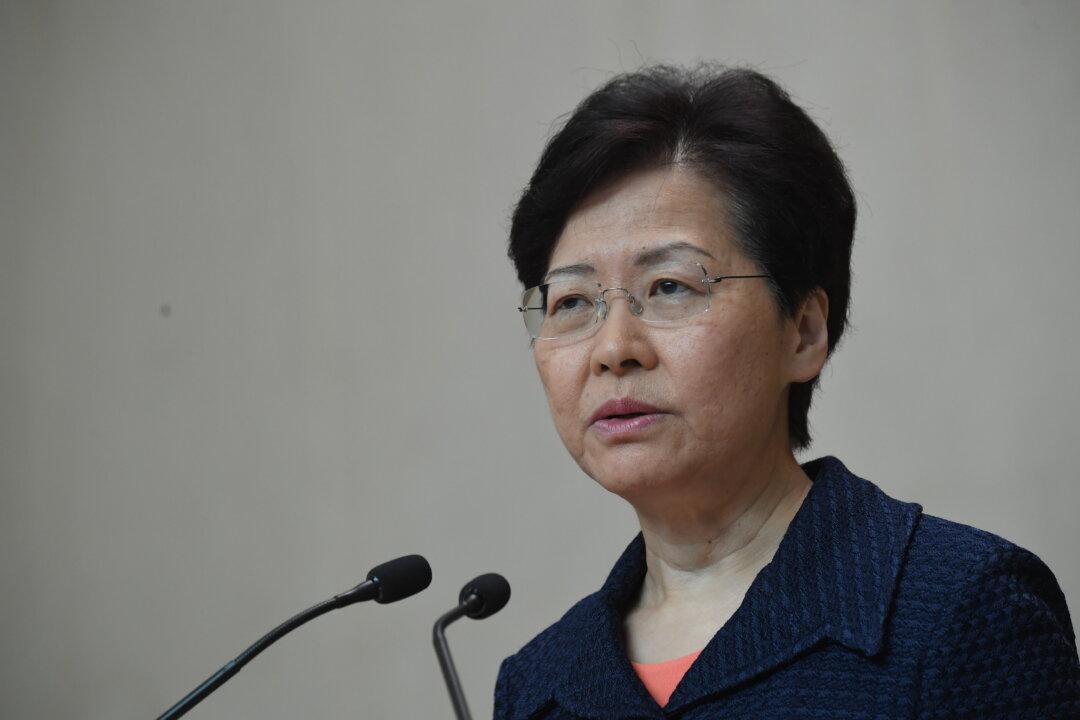Hong Kong Chief Executive Carrie Lam held a press conference on Aug. 20, promising to establish a platform for dialogue about the ongoing extradition bill crisis. However, her remark was quickly rebuked by the Civil Human Rights Front (CHRF), the main opposition group behind the Hong Kong protests.
“We will immediately start the work to establish a platform for dialogue. This dialogue, I hope, will be based on a mutual understanding and respect and find a way out for today’s Hong Kong,” Lam said, adding that the platform would involve “people from different walks of life.”





